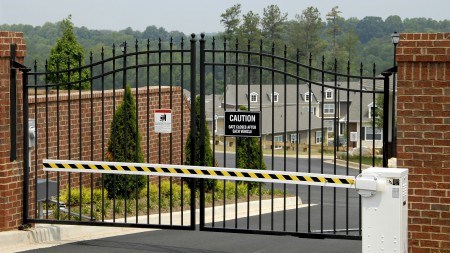Common law states that Home Owners’ Association (HOA) executives have a special legal relationship to their HOA. They owe the HOA a duty of trust, reasonable skill and confidentiality. This is referred to as the “fiduciary relationship” and it implies that the executives must put the interests of the HOA ahead of their own interests.
In other words, an executive of an HOA must not act in the interests of a particular member, group of members, their own interests or in the interests of a third party.
Common law fiduciary duties are often divided into two categories: the duty of loyalty, and the duty of skill, care and diligence.
An example of how a HOA executive would not be fulfilling their fiduciary duties would be the HOA executive who suggests to the executive committee that maintenance work be rescheduled so that work starts on the area of the development in which their home is located ahead of other areas which would normally be done sooner.
The duty of loyalty states that executives must not abuse their power, and cannot make an undisclosed profit from their position.
Loyalty from an executive requires that they put aside the issue of how decisions affects them personally, and support what is in the best interests of the HOA as a whole. It may be difficult to define a decision which is solely in the best interests of the HOA, as the HOA does not have a unified corporeal body or independent mind. Ideally, an HOA should be viewed as a separate entity with its own long-term financial needs, an ever-changing membership and a duty to administer the development in accordance with the law and its governance documentation.
The Executive committee should not ignore the short-term or long-term needs of its members but should consider these when making judgments in the interests of the HOA and its current and future members. In most cases the “best interests” of the HOA are to maintain the market values of individual erfs by keeping the property well maintained. Good physical, administrative and financial management can achieve this.
Section 76 of the Companies Act specifically deals with the standards of conduct of directors, prescribed officers and any person who is a member of a board committee.
Executives should not keep their profits hidden from members. They must account to the HOA for any profits received in their position. For instance, if an executive has a personal financial interest in a particular service provider for the HOA, they must let their interest be known. Common law fiduciary duty requires directors to fully disclose direct and indirect personal interests when they enter into a contract with the HOA and a third party. Section 75 of the Companies Act outlines the financial interests of directors, prescribed officers and any person who is a member of a board committee. It states under what conditions a director can and cannot enter into financial-based agreements on behalf of the HOA.






